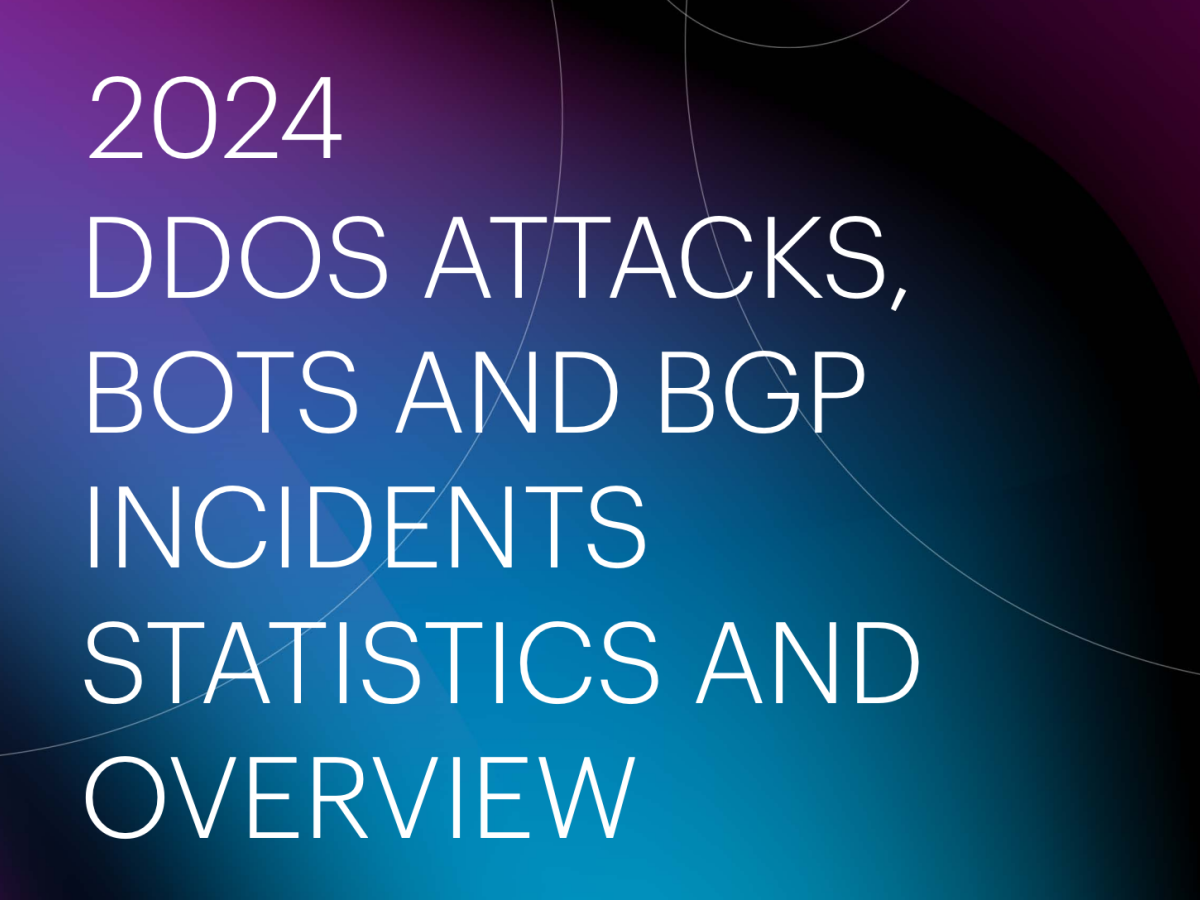
Today’s mobile gaming industry is fiercely competitive, with rising user acquisition costs and rapidly shifting market dynamics creating new challenges for developers. Success now demands more than just great ideas or engaging gameplay—studios must navigate complex monetization strategies, global scaling, and ever-changing player expectations. For mobile game developers, finding the right partner with the expertise, guidance, and support to respect their creative independence is crucial to standing out and achieving sustainable growth.
Mobile game developers face a delicate balance: creating innovative games while managing operational demands like scaling to global markets, optimizing in-game economies, and refining monetization strategies. Smaller studios often struggle with resource constraints, sophisticated user acquisition, and the need to retain ownership of their intellectual property.
State of the Mobile Gaming Market
Let’s take a look at what’s happening on the market as we’ve entered the last month of 2024. The mobile gaming market has gone through some turbulent times. However, it seems like the sun is shining again. After an unprecedented drop in 2022 and a rather stagnant 2023, it seems like the mobile gaming market has finally returned to its upward trend in 2024 with the $92.6 BN in value and the 3% YoY forecasted growth. It’s even more than the forecasted growth of the gaming industry in general (2.1%) which signals that mobile gaming is reclaiming its ground (source: NewZoo).
Thinking forward towards the upcoming trends (and as you hear the Christmas bells ringing, it’s always the time to talk about the trends), we want to pay closer attention to the opening up of the mobile app ecosystems. NewZoo had already highlighted it in their Global Games Market Report back in August, but the regulatory decisions resulting from the “Epic Games vs Google” case seem to further support this trend. An increasing number of alternative stores with such big names as Epic Games already launching their mobile game store and Microsoft getting ready to release one, might make the market a bit less concentrated around Google Play and App Store. This fact combined with the current sentiment on the regulatory field is likely to increase the availability of alternative billing options, thus increasing the profit margins of the mobile gaming business.
While it potentially increases developers’ opportunities and the share they get from the gaming market “pie”, it’s about to make UA and distribution even more complicated with big companies (with polished titles and extensive marketing budgets) turning their heads towards higher profit margins of the mobile gaming market. Moreover, while alternative stores provide the developers with more opportunities to make their titles stand out, as the competition on the alternative stores is lower than on Google Play, developers should make sure their updates are distributed to all the stores, maintain marketing on all these platforms, manage communication directly with the stores’ teams to receive featuring, and track the game’s performance to take all the benefits from such a diversification.
As a result, the mobile gaming market returned to its growth pattern in 2024 and it seems like 2025 might be a year of more opportunities. However, we also mentioned quite a few challenges that might hinder the success of independent developers, as marketing never gets easier, while maintaining high development standards, keeping strong marketing expertise, and funding extensive marketing budgets.
That’s where aligning powers with a publishing partner might be the best choice. Luckily, there are a number of high-performing teams on the market looking for new games to add to their publishing portfolio. The publishing branch of MGVC (publishing and investment department of MY.GAMES) has recently been announced and the team already has a strong track record of publishing partnerships with Cyprus studios:
- A Merge-3 title Fable Town by Reef Games (Cyprus/Poland) achieved over 300,000 players and $300,000 in revenue within its first month of global launch in 2024.
- A Multiplayer Shooter Battle Prime by Press Fire Games (Cyprus) experienced a nearly fourfold increase in monthly revenue through MGVC Publishing’s tailored marketing and publishing strategies, paired with the product evolution driven by the studio.
- Days After by ReactGames (Cyprus), a survival title with over 13 million lifetime downloads, saw a 30% increase in monthly active users and added 2.4 million new downloads since partnering with MGVC Publishing.
- Combat Quest, a roguelike RPG with 3.5 million players, is the latest addition to MGVC Publishing’s portfolio. The team looks forward to helping Combat Quest reach new heights in collaboration with the studio.
MGVC Publishing empowers developers through fair, shared-revenue partnerships that foster growth while ensuring IP ownership. Backed by over $100 million in annual marketing spend, MGVC utilizes advanced tools like Business Intelligence and Predictive ROI Analytics to optimize user acquisition and provide actionable insights. Developers benefit from 360-degree support, including expertise in operations, monetization, and game design, delivered through a comprehensive publishing playbook. A boutique approach ensures dedicated teams, transparent communication, and real-time access to performance metrics. Additionally, MGVC drives revenue growth through innovative channels such as alternative app stores, Asian market expansions, and web versions of mobile games.
As MGVC Publishing continues to expand its portfolio, the team welcomes new partnerships with studios eager to take their games to the next level. For more information about MGVC Publishing and partnership opportunities, please contact: publishing@mgvc.com.


